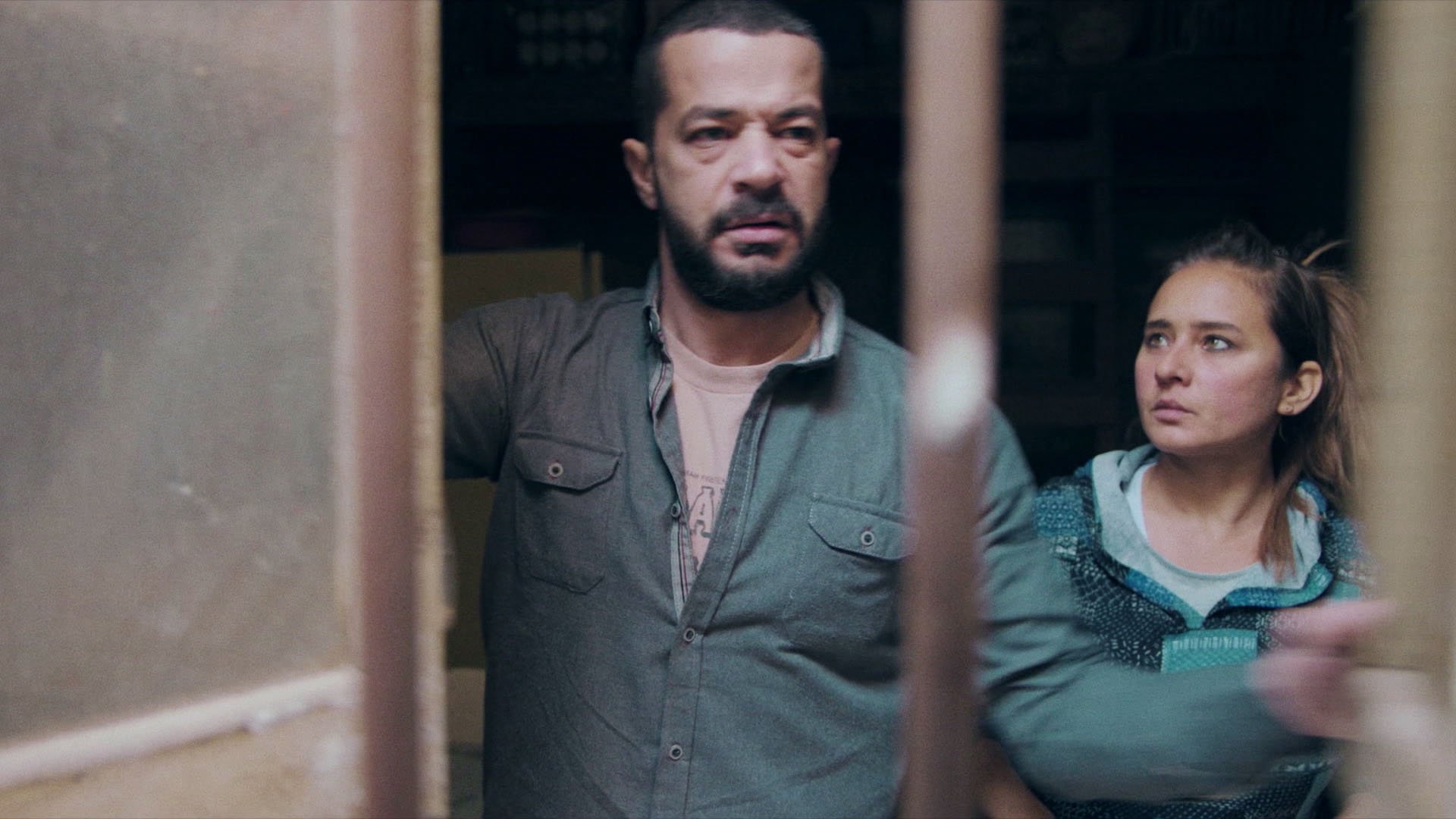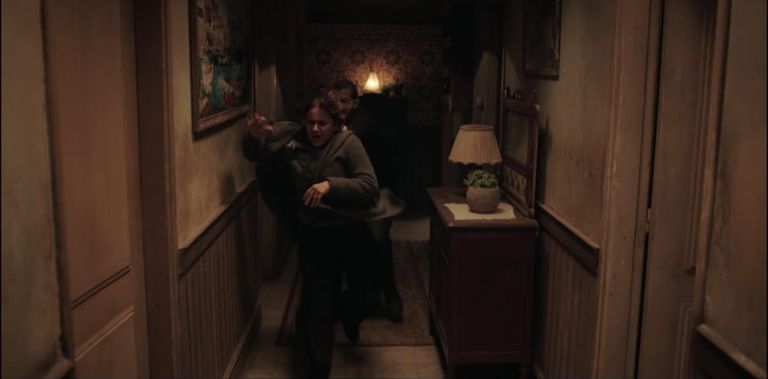via YouTube
If you’ve been on the internet recently, you probably already harbour a deep dislike for Sherif Salama because of his all-too-accurate portrayal of Seif, the main antagonist and ex-husband of Nelly Karim’s Faten Amal Harby, in the series of the same name.
Easily one of the most-watched shows, Faten Amal Harby tackles the issues facing divorced women in Egypt, delving into areas that include society and the law in a way never seen before. And, naturally, we watched it so now we need to tell you all about it!
The Plot
Faten Amal Harby tells the story of a woman, Faten, as she struggles with life after her divorce from her ex-husband, Seif. The struggles mainly revolve around the many lawsuits her ex filed against her because, as he said it, he wants her to ‘come back begging’.

via Hia Mag
It’s pretty clear from the get-go (and from the flashbacks scenes at the beginning of every episode) that Faten and Seif’s married life was anything but perfect. Most of the time, in fact, it was downright horrifying—something of a nightmare that every female viewer knows is sadly realistic.
Not only is Seif controlling, but he also specialises in humiliating Faten, making sure always to criticise her and ruin everything that she’s trying to build. His treatment of her includes abuse that’s emotional, psychological, and, at times, physical. And the worst thing is, he will stop at nothing to ruin his ex’s life, even if that means traumatising his daughters and leaving them homeless for a period of time.

via Fil Fan
Nevertheless, Faten persists as she fights for her rights in court. She strives so much that she ends up trying to fight the actual laws that are set against women.
Why This Show Matters
In all of Egypt’s recent TV, there hasn’t been a single show that openly tackled divorce and its (mostly misogynistic) aftermath. Yes, that’s a fact. Sure, divorce has been used as a plot device, but it has never been accurately portrayed, which is why Faten Amal Harby matters.

via El Ssyada
This show highlights the ugly realities of divorce, what a shockingly large percentage of Egyptian men do to their ex-wives (and kids) to avoid accountability, and how the legal system works. It highlights lesser-known but important subjects, like the existence of government-funded homes for abused women.
Many people agree with this sentiment, too, as they took to their online accounts to mention that while some people have the ‘positive divorce experience’, as seen in Finding Ola, most Egyptian women get the ‘Faten Amal Harby treatment’. And, scarily enough, the latter experience is STILL less horrifying than what happens in real life.

via Al Ain
Another thing we need to highlight here is that this show clearly models itself after Faten Hamama’s law-changing film, Oreedo Halan, which is seen in the protagonist’s name, Faten, and in the way that it holds back no punches.







